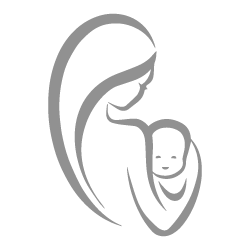The Kekeli Program
The main work of Rural Health Collaborative is training and supporting the Kekeli (Ki-keh-li) Women, a group of community health promoters working in rural communities of Ghana. The Kekeli Women live in these communities (and in many cases were born there) so they have a deep understanding of the needs and challenges they face.
We invest in the Kekeli Women so that through their work they can become leaders in their communities. They are trained in a broad array of health education topics. Together, they help prevent disease so their communities can stay healthy and productive. There are currently 68 Kekeli Women across two districts in the Volta Region of eastern Ghana.
Kekeli = Brightness in the local language of Ewe
Health Promotion Topics
COVID-19
Malaria
Hygiene + Sanitation
Diarrhea + Dehydration
Nutrition
Sexually Transmitted Infection + HIV
Family Planning
Maternal Health Initiatives
Home Based Life Saving Skills

Maternal mortality is a serious cause of death in sub-saharan Africa and is far more common when women deliver their babies at home without Skilled Birth Attendants nearby. Nearly half of women in the districts where we work find themselves in this situation. To prevent these dangers, we train the Kekeli Women in an intensive course called Home Based Life Saving Skills (HBLSS). Through this training they learn to prevent maternal hemorrhage at birth, recognize and stabilize sick newborns, and improve referral systems to get sick community members to the hospital when things go wrong. As a direct result of this training, the Kekeli Women have helped prevent tragedy on many occasions.
Blood Pressure Monitoring
In addition to training the Kekeli Women to educate pregnant women and respond to emergencies, we also support chronic disease screening and management in the communities where the Kekeli Women work. Every Kekeli Women has an automated blood pressure cuff and follows an algorithm of testing and referral, when people are found to have high blood pressure. They are not trained to formally diagnose the disease or treat it, but they provide a valuable service to community members who otherwise may live for years or even decades without knowing about their illness. Over the years, the Kekeli women have checked over 25,000 blood pressures and made over 1,000 referrals for follow-up care.

